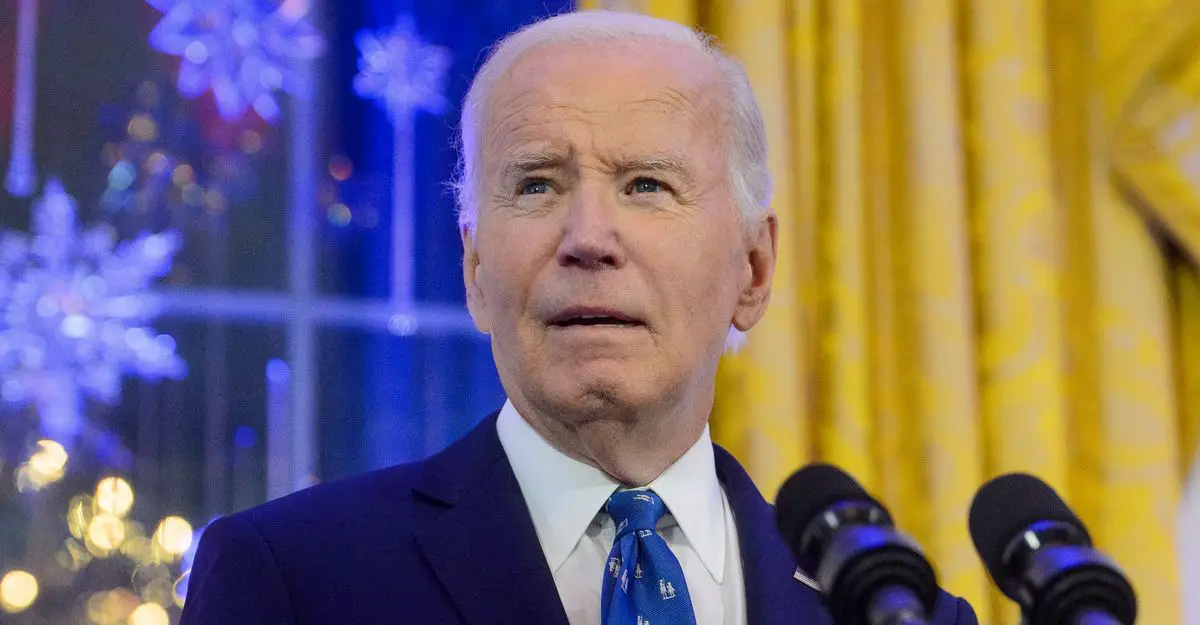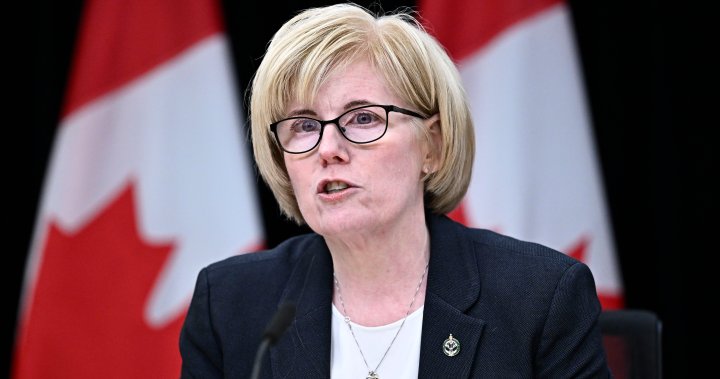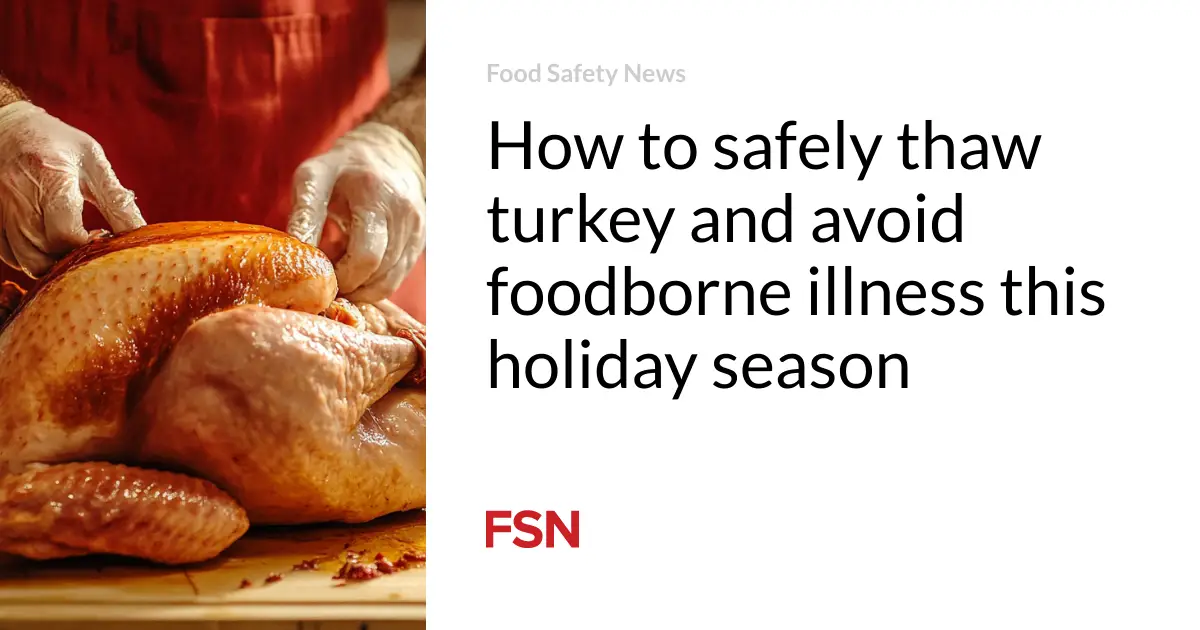
Fewer than 36% of the candidates selected to stand at next month’s local elections are women, according to new research.
Even though women still make up more than half of the UK’s population at 51% – that’s almost the same percentage who voted to make the seismic decision for us to leave the EU, by the way – they are sorely underrepresented in politics.
Research from the charitable network 50:50 Parliament has found just 35.7% of the candidates selected to stand in May’s local elections are women.
The Conservatives have currently put forward the lowest number of female candidates compared to their rival political parties, with just 30% of their representatives being women.
The Liberal Democrats scored only slightly better, with 33% of their selected candidates being women.
Labour also fell short of the 50% target, with 41% of its candidates being women, while the Green Party has so far reached a slightly higher target of 42%.
Among independent candidates, only 28% are women.
The local elections will see more than 2,500 councillors appointed, with 107 of England’s 317 councils calling people to cast their votes.
It comes ahead of the general election – although it’s not entirely clear when that will be just yet.
PM Rishi Sunak has to call it by December at the latest, although most observers believe it is likely to be in either October or November.
However, as the charitable network noted, men still outnumber women by 2:1 on most elected bodies – including parliament.

Lyanne Nicholl, 50:50 Parliament’s CEO, said: “Gender inequality in parliament has gone on for too long; it’s become a given that men will be the significant majority of our elected officials, that they will have the most seats at the top table and run nations.”
She noted there would be significant “discontent if it was the other way around,” and asked: “Why are letting this lack of representation and very real, very unfair gender imbalance continue?”
More than 100 more women need to be elected to parliament by 2030 to achieve gender parity, according to 50:50.
The 2019 general election saw 220 women elected to parliament out of the 650 seats up for grabs.
By March 2024, this had increased to 226 women due to by-elections – the highest number ever.
There’s no question that the UK has come a long way since women were granted the right to vote more than a century ago – between 1918 and 2024, 564 women have been elected in total to the Commons – but, that’s still fewer than the total number of seats in the House (650).
As the United Nations Women executive director, Sima Bahous, said last year: “Full democracy needs the equal participation of women in all its processes.”
She said women face “continued violence and threats” around the world, impacting their participation in politics.
“The world cannot afford to continue this injustice. We need a paradigm shift that brings true equality,” Bahous concluded.







